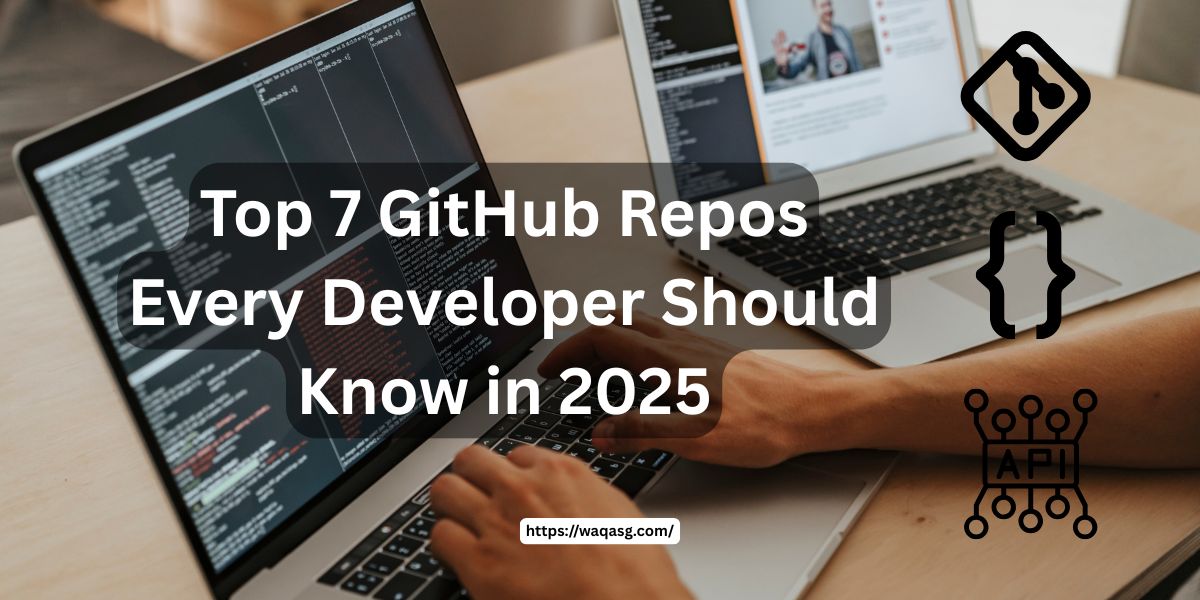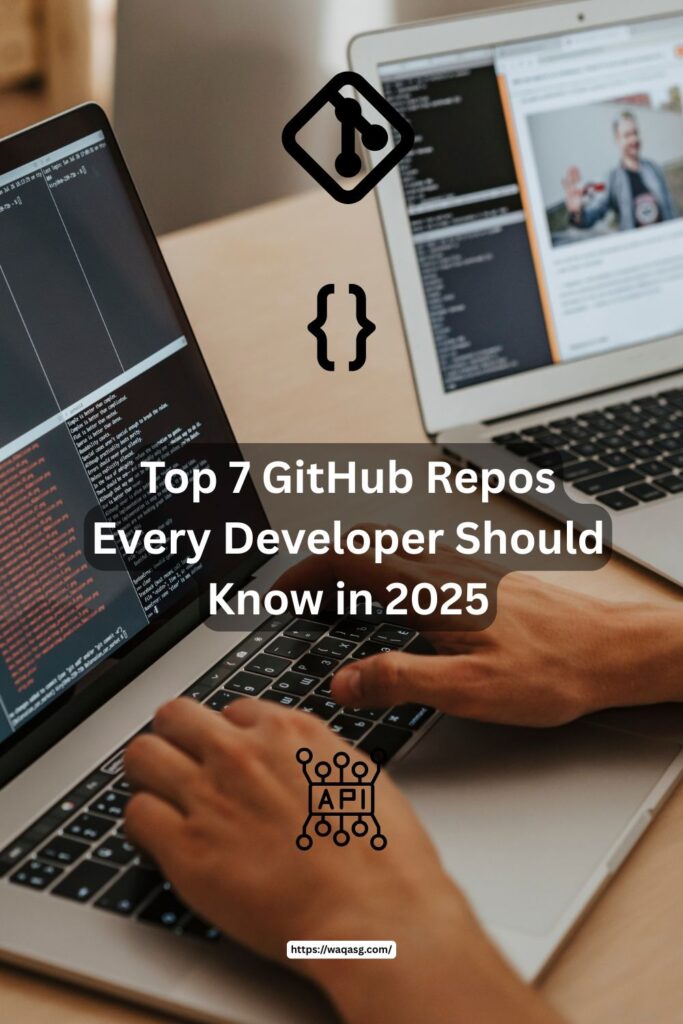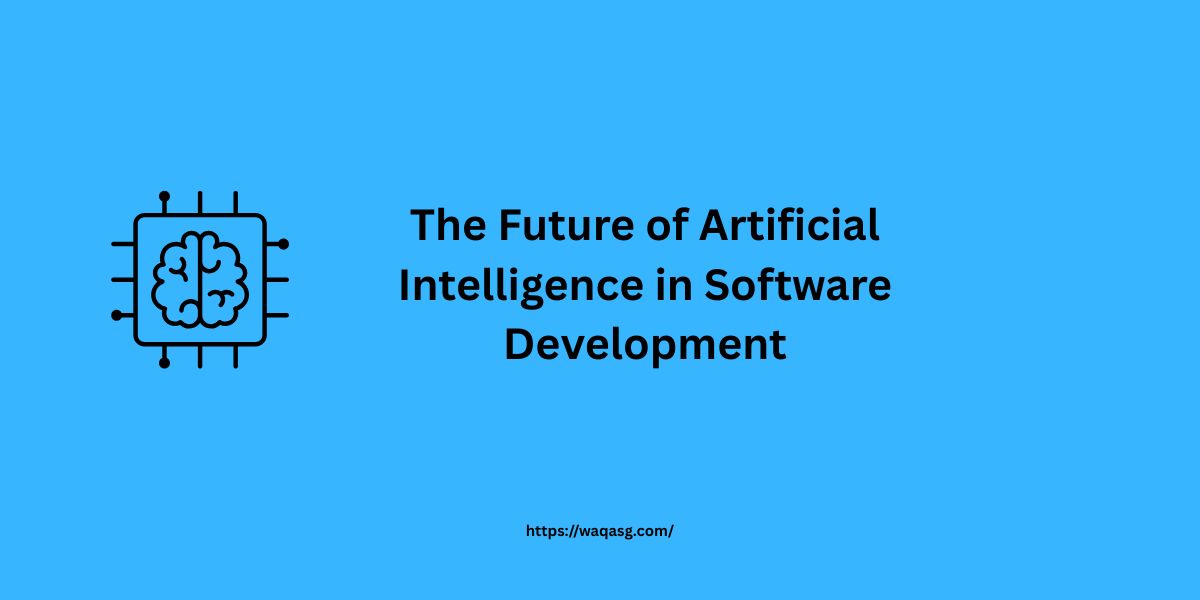Top 7 GitHub Repos Every Developer Should Know in 2025
Ever find yourself scrolling GitHub, overwhelmed by the sheer number of repositories? You’re definitely not alone. GitHub has become the heartbeat of the developer community, a place where innovation thrives, collaboration is key, and great ideas evolve into groundbreaking projects. Yet, navigating through millions of repositories to find the gems can feel like searching for a needle in a digital haystack.
But here’s the thing—discovering the right open-source projects on GitHub can transform your development journey. It can save you countless hours, boost your productivity, enhance your coding skills, and even open doors to job opportunities. Whether you’re just starting your coding adventure or already developing professional apps, knowing the best GitHub repositories is a must.
Ready to dive into a curated list that every developer—from beginners to seasoned coders—should bookmark right now? Here are 7 GitHub repos every developer should know in 2025.
1. FreeCodeCamp
FreeCodeCamp is one of the best GitHub repositories to learn programming from scratch. This open-source community helps developers sharpen their skills through structured, hands-on tutorials and real-world projects.
Key Features & Use Cases:
- Comprehensive curricula on HTML, CSS, JavaScript, Python, data science, and more
- Interactive coding challenges and certifications
- A supportive global community with thousands of active contributors
Why Developers Love It:
With over 380k+ stars and 33k+ forks, it’s an exceptional repository for structured learning and networking with like-minded devs. It’s perfect for beginners or intermediate developers looking to strengthen their foundations.
Pro Tip:
Complete their certifications and showcase them on your resume or LinkedIn profile to significantly boost your job opportunities.
2. EddieHubCommunity
Looking to dive into open source for developers? EddieHubCommunity is your best starting point. Led by GitHub Star Eddie Jaoude, this community empowers developers to grow their open-source contributions, build professional profiles, and enhance their coding skills.
Key Features & Use Cases:
- Beginner-friendly open-source mentorship
- Regular live-streams and community coding sessions
- Guidance on contributing effectively to open source
Why Developers Love It:
Its welcoming environment makes it ideal for first-time contributors. With 6k+ stars, it has cultivated a vibrant community that truly believes in open-source collaboration.
Pro Tip:
Join their Discord community to get personalized feedback on your GitHub profile and contributions.
3. Awesome
The Awesome repository is essentially a massive curated list of developer tools, frameworks, libraries, and resources across various domains and languages. Maintained by the community, it simplifies discovering hidden gems on GitHub.
Key Features & Use Cases:
- Hundreds of categorized lists of resources, tools, and frameworks
- Continuously updated content from the community
- Perfect for quickly finding recommended tools and libraries
Why Developers Love It:
With a staggering 285k+ stars, it’s the ultimate developer’s resource for finding trusted libraries and tools efficiently.
Pro Tip:
Bookmark specific sub-lists relevant to your tech stack to streamline your workflow and discover the latest tools regularly.
4. Public APIs
This repo provides an extensive list of free-to-use APIs, perfect for building side projects, prototypes, or exploring creative coding ideas without worrying about costs or complex setups.
Key Features & Use Cases:
- Categorized, well-documented APIs covering finance, sports, entertainment, AI, and more
- Regular updates to ensure API validity and availability
- Ideal for portfolio projects or testing new technologies
Why Developers Love It:
It boasts an impressive 280k+ stars and saves devs from hours of Googling by providing instant access to usable APIs.
Pro Tip:
Experiment regularly with these APIs in your personal projects to enhance your API integration skills and impress future employers.
5. Build Your Own X
“Build Your Own X” is the ultimate hands-on repository for developers who prefer learning by doing. It contains step-by-step instructions for building various applications from scratch, ranging from simple utilities to full-blown software.
Key Features & Use Cases:
- Practical tutorials to build web browsers, databases, blockchain, and more
- Detailed explanations enhancing core programming concepts
- Excellent for self-taught programmers or developers aiming to deepen practical skills
Why Developers Love It:
With 225k+ stars, developers appreciate the practical, real-world learning experience that accelerates their understanding of complex concepts.
Pro Tip:
Start by choosing projects slightly above your comfort level. Building slightly complex projects incrementally improves your confidence significantly.
6. 30 Seconds of Code
A treasure trove of concise code snippets, the “30 Seconds of Code” repository is designed to help developers quickly solve everyday coding problems. These snippets are especially valuable for JavaScript, Python, React, and CSS developers.
Key Features & Use Cases:
- Quick-to-use, easy-to-understand code snippets
- Covers common programming challenges in multiple languages
- Essential for increasing coding efficiency and problem-solving skills
Why Developers Love It:
With over 117k+ stars, it’s a go-to resource to enhance productivity, debug code faster, or quickly recall forgotten syntax.
Pro Tip:
Integrate snippets into your IDE or text editor as code snippets for instant use.
7. Project-Based Learning
This repository compiles tutorials and guided project ideas specifically focused on real-world applications, helping developers practice coding while simultaneously building projects that boost their portfolios.
Key Features & Use Cases:
- Extensive collection of real-world projects across various tech stacks
- Detailed project breakdowns and practical tutorials
- Perfect for building a compelling developer portfolio
Why Developers Love It:
Its structured yet flexible approach, backed by 87k+ stars, resonates deeply with developers eager for practical coding practice.
Pro Tip:
Use these projects to directly enhance your portfolio. Clearly document your project development process on GitHub to showcase your growth.
Conclusion
Exploring, starring, and contributing to these must-know GitHub repositories can dramatically transform your development journey. The best GitHub repositories aren’t just tools—they’re vibrant communities helping developers grow professionally, refine their skills, and become active contributors to the open-source ecosystem.
So dive in, start exploring, and don’t forget—your contributions matter. Got a favorite repo we missed? Drop it in the comments! And if you’re looking to stay connected with the latest developer resources, subscribe for more dev-focused GitHub guides!
Happy coding!


